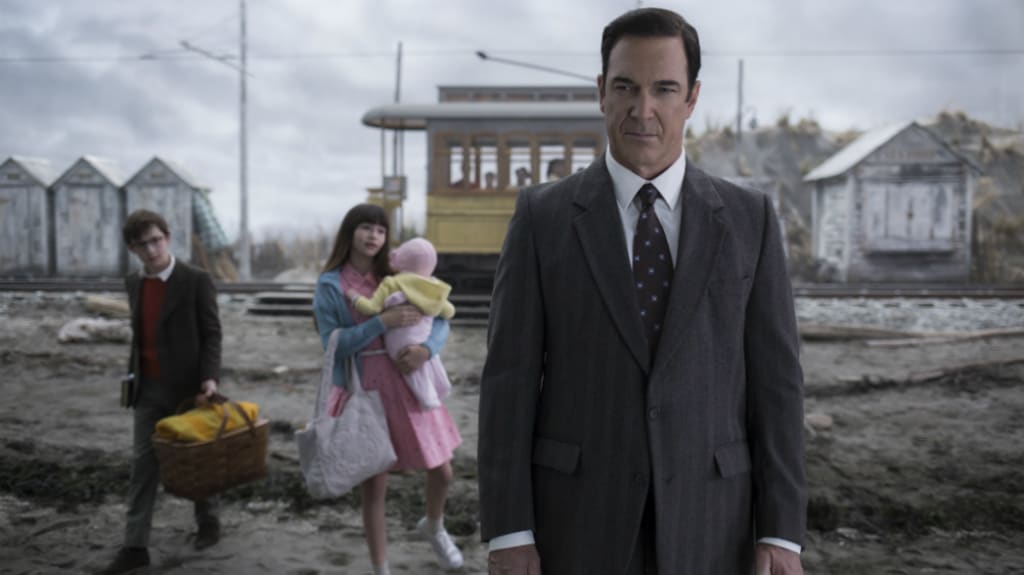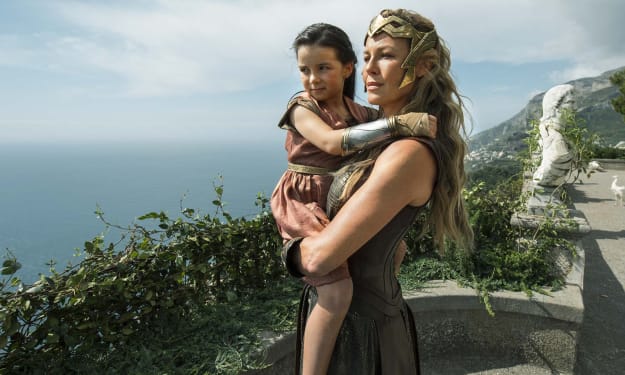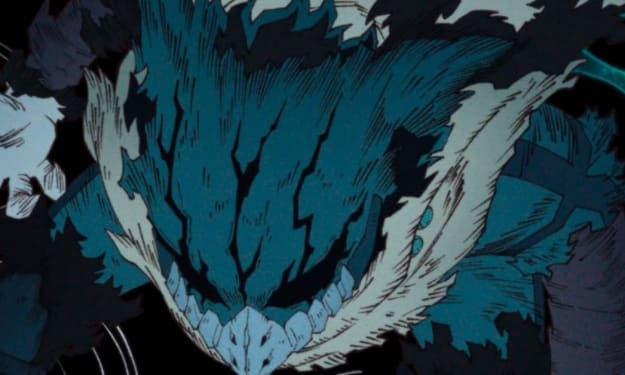
We've all been there: We hear about our favorite book debuting on the big screen and we feel a mix of excitement and skepticism. After watching the trailers, reading cast interviews and seeing the posters, we finally find ourselves in the cinema — popcorn ready — and wait with baited breath as the title music begins to swell. Two hours later, we trudge out of the theater muttering that the book was better.
While there have been many successful book-to-film adaptions — like 'Harry Potter' and 'Lord of the Rings' — most barely hold up to their source material. Even the successful ones can’t escape fan critiques, as there’s always a missing plot point or abandoned character that makes room for 300 pages worth of content in under two hours.
Despite films not living up to fan expectations, most of us still want to see our favorite worlds brought to life. Is film the right medium for this? Honestly, no. With recent hits like A Series of Unfortunate Events and Game Of Thrones, television looks to be the smarter choice for teleporting stories from page to screen.
1.) More Time to Cover Large Stories
More time to tell a story is good news for plots that rely heavily on pacing. A healthy-sized novel needs time to develop its characters and further the plot, which is a lot to ask of a two or three-hour film. A movie like Harry Potter and the Deathly Hallows had to be split in half to fit in 607 pages worth of content. Even then, the pacing felt off at times, with pieces of information still going untouched.
If a series is being adapted for television then one book could equal one season (or half depending on how complex the books are). Adaptations like the 2004 installment of A Series of Unfortunate Events tried to combine more than one book into a film, which resulted in uneven pacing and a rushed plot.
Meanwhile, the Netflix version of the series fit the first four books into an eight-episode miniseries and spent two hour-long episodes on each book. Since Lemony Snicket's tale of the Baudelaire orphans is relatively short, the two-hour episodic format worked perfectly in setting up the plot and characters, and made a smooth transition from book to book.
Other Netflix series are even compared to novels in the way they tell their stories, like Jessica Jones or Luke Cage. The overall plot takes time to progress episode by episode, presenting a slow burn with a rewarding ending. While these shows have received complaints over their chapter-by-chapter pacing, many die-hard fans would appreciate a steady storytelling approach to their favorite novels, especially if it meant including information a film wold normally discard in the interest of run time.
2.) More Freedom with Television Networks and Streaming Services
Some networks and services can offer additional creative freedoms that a film studio may not be able to afford. Shows packaged as Netflix originals or premiering on channels like HBO and Showtime have the ability to think outside the box and take risks. Some series are free to be more gruff, like the recent Twin Peaks revival or the Marvel Netflix dramas. With this extra freedom, writers have a better shot at creating unique environments in parallel with a book's atmosphere rather than revamping the source material to fit the style of a large studio franchise.
Jessica Jones producer Melissa Rosenberg commented in one of her early interviews for the series that working with Netflix was one of the most freeing experiences she had, as she and the crew had the freedom to decide what story they wanted to tell and what characters they wanted represented. Even A Series of Unfortunate Events strays from the source material at times, but the added creative freedom allows the series to remain respectful of the novels, honing in on Snicket's tone.
3.) The TV Binge Trend
People prefer marathoning shows over watching a two-hour movie. If this trend continues, then transforming books into television series will appeal to a larger audience, gain more attention, and have greater staying power. Some film adaptations don’t make it past two or three movies. The original Series of Unfortunate Events adaptation was abandoned while its television counterpart was recently renewed for two more seasons to cover the remaining books.
Final Thoughts
By no means is television an end-all solution, but it is a medium that’s worth further exploration when it comes to book adaptations. Transforming books into TV shows might even be a wise choice for reboots or flopped films. Instead of rehashing the same story into a two-hour format, the material could be presented as a miniseries or ongoing program. An alternate medium with creative perks might just be the thing to keep a story fresh and a reboot worth it.
About the Creator
Doni York
Hi, my name is Doni and I've always been in love with storytelling in any medium. Right now I have a few articles geared toward pop culture, but I'm also interested in writing more on lifestyle, relationships, and travel.






Comments
There are no comments for this story
Be the first to respond and start the conversation.